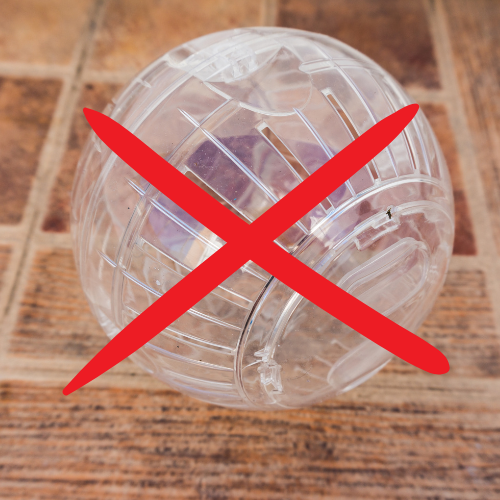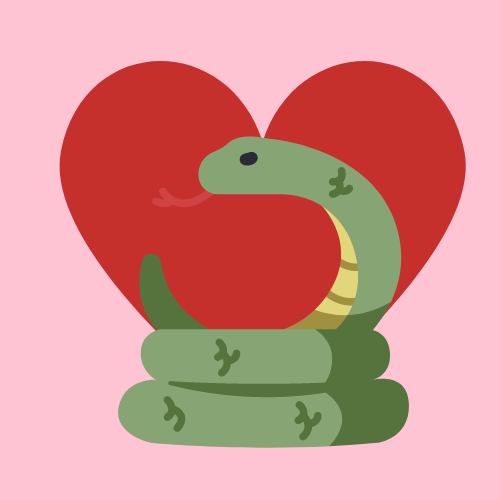Wondering about the cockatiel’s lifespan? Today we are going to go through everything you need to know. Including how to give your pet bird a healthy life hopefully increasing its potential lifespan to the fullest.
We all love our pet birds whether they are cockatiels or other birds, and we all want our pets to live as long as possible. Well, with the proper nutrition including a varied diet, care, and love, we can prevent health problems

Cockatiel Lifespan
Cockatiels are small, sweet, energetic, crested parrots native to Australia, whose average size is about 12 to 14 inches long. These intelligent little birds can learn to talk if you engage them. Your orange-cheeked cockatiel can live for up to 15 years, making it a long-term commitment. Usually, the lifespan of a healthy cockatiel will be around the range of 10-15 years. Many factors will affect their lifespan which we will go into in detail.
Many factors play into how long and how well of a life your cockatiel can have. One of these is depending on whether or not this bird lives domesticated or in nature. If they are in captivity, your feathered friend can have a longer life due to the correct care and love. However, the wild cockatiel has a different expectancy. This is a lot less due to disease and overpopulation.
These are some of the many things that can play a part in a cockatiels life expectancy that we outline below.
Cockatiel Nutrition – Factors That Can Affect Lifespan
In the wildlife, cockatiels are served mainly seeds of various kinds, sometimes grass, leafy greens, and berries. Their diet can be very balanced and diverse. The main undertaking of a cockatiel owner is to recreate what is eaten in the wild and monitor their caloric intake. Many bird owners make the general mistake of filling their cockatiels with too many dry seeds.

They assume that seeds would be the most common and natural thing for them to eat. Cockatiels receive a very little amount of vital nutrients from seeds so its certainly not great for our cockatiel’s health. Also, store-bought bird seed blends contain too many oily, dry seeds. The oily seeds can be accountable for obesity in birds because of their very high-fat content. However, one shouldn’t completely leave out seeds from their cocktails diet, but rather balance it out with other things.
Pet cockatiels enjoy a varied natural diet, so it can be a great idea to give them some fruits, fresh vegetables, and green leafy veggies. But, you want to avoid garlic, onions, avocado, and rhubarb. To ensure the safety of your cockatiel, make sure you thoroughly wash all vegetables and fruits to remove any pesticides that may be present. Your feathery friend also needs plenty of fresh water, and for it to be changed daily. This is so the water does not contain any contaminants that could harm your bird.
Housing for Your Cockatiel – Can It Affect Their Lifespan?
Cockatiels are energetic birds, especially young cockatiels, and need a cage wide enough to allow them to cast out their wings without hitting the bars. Cockatiels have long tails, so the cage must be tall to give them room for those parts. Ideally, the larger the cage, the better!

If held in a cage where they cannot move actively, your cockatiel will get uncomfortable fairly quickly. Another essential thing to consider is the cockatiel cage bar and how spaced. It shouldn’t be no more than 1 / 2″, otherwise, your cockatiel can get his head stuck between the bars and get severely injured or even killed! So, be careful!
The Right Care For Your Cockatiel Will Increase Its Chance of Living a Long Life
Aside from a satisfactory diet, some primary care requirements should be kept in mind for your cockatiel. Accidents can happen quickly, and keep in mind that your bird is very sensitive to stress, among other things. Here are a few things to consider for your bird’s care:
Obesity:
A diverse diet containing both fruits, veggies, and nuts are essential in making sure your bird doesn’t pass away early from fatty liver disease or other obesity-related concerns. Also, make sure that your friend’s cage is wide and tall enough for him or her to fly around and exercise for their overall health benefit. Diet is especially important for young cockatiels as it dictates their development.
Safety:
We cannot stress enough how easy it is for your cockatiel to have an accident, which can lead to a severe injury or even death. An open window or object can be the end of their life. That’s why you need to inspect everything before letting anything near your sweet, little bird!
Stress:
Stress can lead to a short life without anyone noticing! Make sure your cockatiel lives a stress-free and relaxed life. You can achieve this by ensuring children are not aggressively playing with your bird and giving it plenty of socialization to avoid loneliness. You can also buy bird-safe toys to avoid long-term boredom. Cockatiels are social birds so try to prevent keeping them alone.
Air quality:
Cockatiels, like many birds, have delicate respiratory systems. Your bird’s cage should be clear of any fumes or smoke. Some other culprits are candles, cigarettes, perfume, air freshener, and non-stick pan spray.
Vet checkups:
Your cockatiel should also be checked at an avian vet, especially after you’ve purchased your new birdie. After the initial checkup, visit the vet at least once a year for a complete bird exam. Keep in mind, birds are very good at hiding that anything can be wrong with them. When you finally find out, it might be too late! So, make sure to monitor your bird with vet checkups!
Environmental Issues Can Affect How Long Cockatiels Live?
Cockatiels can flourish at room temperature, and shouldn’t be exposed to heat sources that are too extreme. Therefore, it is best to place the cage away from places like air vents, windows, and portable heaters.
It is also good to learn that birds can catch colds, just as humans do, especially when their feathers are wet after a bath. Instead, wait for their feathers to dry before putting them back in their cage.
Sleeping Cages
Regarding sleep, you may be smart to invest in a sleep cage for your bird. This is because some birds are not able to sleep in their cage during naptime. Quietness is imperative to a cockatiel’s environment during sleep. Cockatiels should get at least 8 to 12 hours of uninterrupted sleep.

Wild Cockatiels
Of course, the life expectancy of any living animal is dictated due to circumstance and a wide variety of factors a wild cockatiel’s life expectancy however has additional negative factors to take into consideration.
Wild Cockatiels live in flocks in the wild. The crowded corners of Australia can often lead to infections and disease among these little birds. Therefore, they usually live between 11 to 15 years.
Cockatiels have a lower lifespan in the wild because they live in harsh conditions. They don’t have access to the same level of care and resources as pet cockatiels.
Disease and infection: In the wild, cockatiels are also more susceptible to diseases and infections. These little birds are often overcrowded in the wild, which makes it easier for illnesses to spread.
Predators: Cockatiels also have to contend with predators in the wild. Hawks, snakes, and feral cats can all pose a threat to these little birds.
How long do Cockatiels live in captivity?
Pet Cockatiels
Pet Cockatiels have a significantly higher life expectancy than wild ones. Assuming no underlying disease or unlucky accidents, Cockatiels can live between 20 – 25 years. It also has been reported that some even live up to 36-years, given proper care and nutrition. Amazing!
The life expectancy of a pet cockatiel is much higher than one of the wild. If you take care of your cockatiel and give him or her a good diet, plenty of exercises, and a stress-free environment, your cockatiel’s lifespan will most likely increase significantly.
So, as you can see, taking care of a Cockatiel is not a difficult task as long as you keep the primary care requirements in mind. Make sure to give your bird a healthy diet, plenty of toys and socialization, and a safe and stress-free environment! And finally, visit your avian vet for checkups at least once a year!
FAQ
How Does the Cockatiel Life Span Compare to That of a Parakeet?
Is there a difference in the average lifespan of a cockatiel versus a parakeet? If so, what is that difference?
Cockatiels typically live between 10 and 15 years. Parakeets, on the other hand, have an average lifespan of 5 to 10 years. So, while both birds have relatively long lifespans compared to other animals, cockatiels generally live longer than parakeets. The main reason for this difference is likely due to the fact that cockatiels are larger birds and have evolved to be more resistant to disease and predation. Additionally, cockatiels are less prone to obesity than parakeets, which can also lead to a longer lifespan.
Is 10 Old for a Cockatiel?
Yes, 10 years is considered a venerable age for a cockatiel in the wild. This is due to the many dangers and health risks they face, such as predators, disease, and accidents. As a result, few cockatiels live beyond 10 years of age in the wild. In contrast, domesticated cockatiels can often live for 15-20 years or more with good care.
Do Cockatiels Live 25 Years?
The lifespan of a cockatiel in captivity is typically 15 to 25 years. However, the average lifespan of a cockatiel in the wild is only 10 years. The main reason for this difference is that cockatiels in the wild must contend with many dangers, such as predators, disease, and harsh weather conditions. In contrast, captive cockatiels are protected from these threats and often have access to better food and health care. As a result, they tend to live longer than their wild counterparts.

Doctor of Veterinary Medicine (D.V.M.) at Nation Taiwan University,Master of Science (M.S.) in Biomedical Engineering at National Taiwan University of Science and Technology




